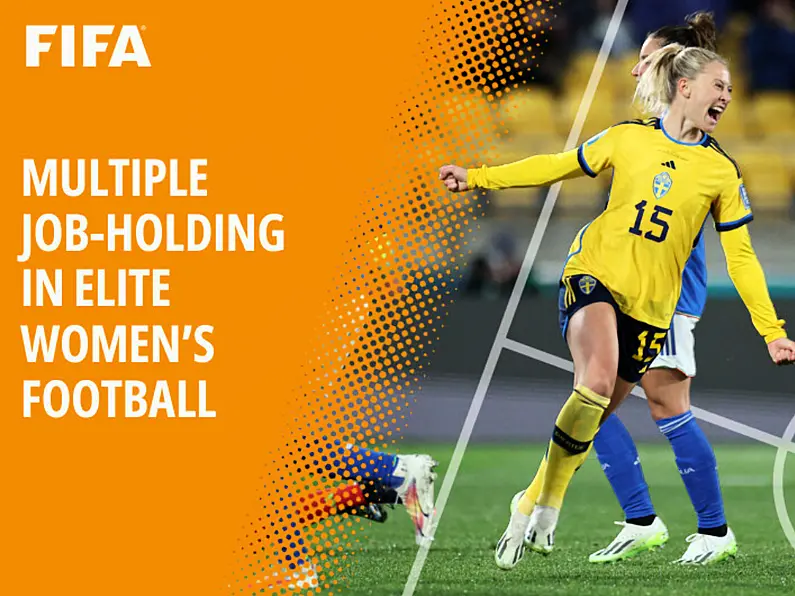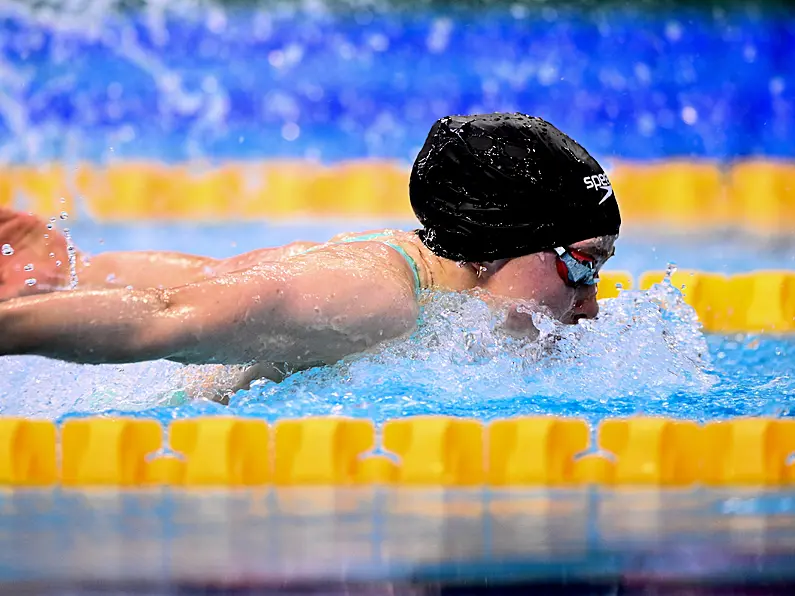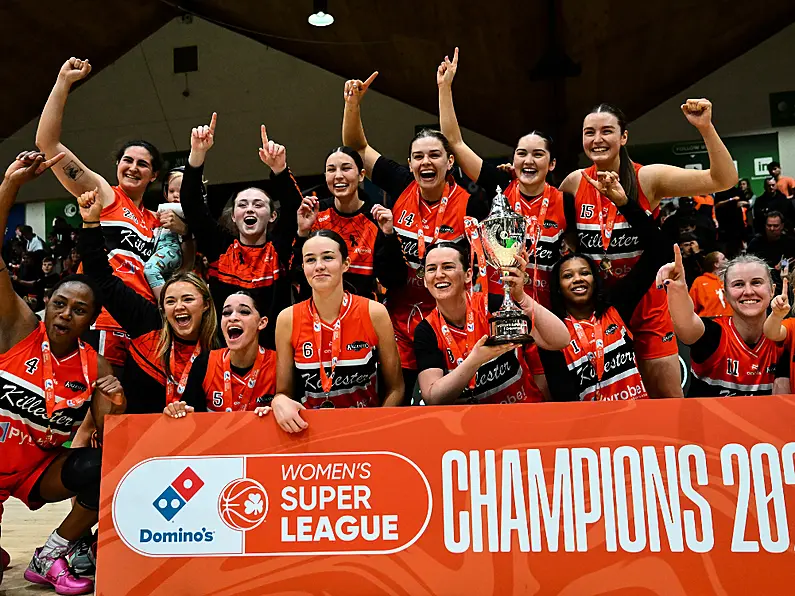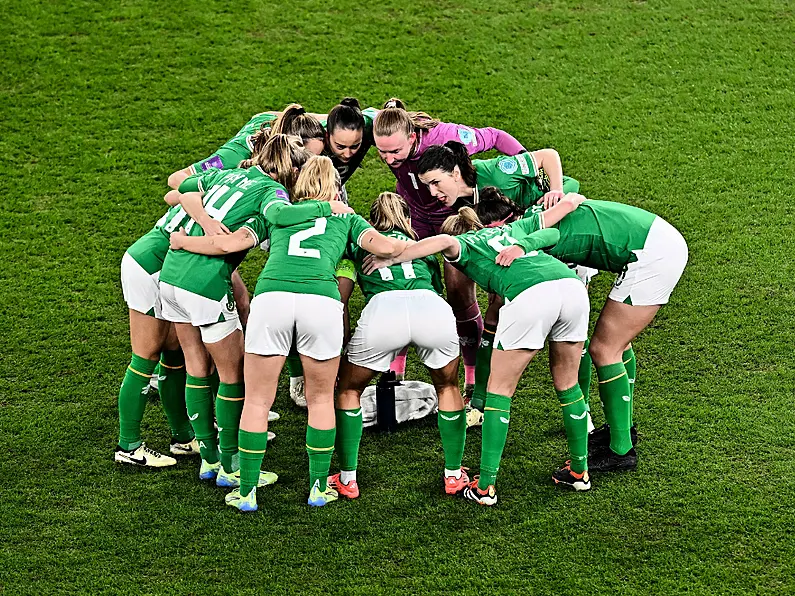A report released by FIFA this week, titled, ‘Multiple Job Holding in Elite Women’s Football', revealed that more than half of women’s footballers earn less than $5000 a year from their profession alone.
The study was conducted by FIFA in conjunction with FIFPRO, the worldwide representative organisation for professional footballers, and Australia’s Edith Cowan University.
It surveyed 736 players across 12 countries and six confederations and examined the work footballers may undertake outside of the sport, owing to variations in geographical location, their caring responsibilities and incomes.
The research is amongst the first of its kind in that it looks into the “social context in which footballers are embedded in a professional environment”, i.e. with consideration to the gender pay gap and the glass ceilings women continue to face in society.
Of the players who participated in the study across Australia, Botswana, Brazil, Chile, Fiji, Korea Republic, Mexico, Netherlands, New Zealand, Nigeria, USA, and Sweden, 71.9% mentioned how they were playing at a professional level and were receiving some sort of remuneration for their employment contract.
20% stated they also had a secondary full time job alongside football, with 23% disclosing that they had to take unpaid leave at some point in order to fulfil their football commitments
36% also spoke of how they were students or undergoing further education alongside their football career.
As mentioned, 52.8% said that they earned less than $5000 a year from playing football, with 73.9% earning less than $19000.
Furthermore, the qualitative findings of the study were spread across four
“key, interrelated insights into footballers’ experience” and were listed as follows;
- Football’s footprint and its spoken and unspoken demands
- Flexibility and understanding
- The importance of everyday life
- The “growing pains” associated with the professionalisation of the game
The report also details recommendations with regards to things that would help alleviate certain pressures and stress from players in relation to this topic.
They expand on how footballers should be considered in a holistic sense and that their other workloads and demands should be thought of and adjusted to their situation in an attempt to mitigate the physical and psychological risks to players who have secondary jobs.
Speaking on the report’s release, Dr Alex Culvin, Head of Strategy and Research, Women's Football at FIFPRO touched on how “women’s elite football has seen an exponential, but uneven, trajectory towards professionalisation in the past two decades.”
“Yet, access to professional opportunities are not consistent across the world, meaning that many players are required to support their football career with a second source of income, which undermines players' ability to dedicate their time to excelling in professional football, whilst also impacting their physical and mental wellbeing," he continued, as outlined by FIFPRO.
"This project seeks to understand the experience and consequences of the various forms of multiple job-holding that professional footballers engage in, a situation that is compounded by the presence of care work, such as looking after children and other family members, which globally is predominately the unpaid labour of women,” he added.
As to why the report was instigated, he concluded that it is “critical” there is a light shone on “players who have demands beyond football, who experience disproportionately the effect of a labour market that is still developing; these factors increase the likelihood of losing talent from the game.”
"It is important that there is continued investment into professional women’s football, with a focus of that investment towards a quality of employment that allows for football to be the full-time focus of players – in environments that are supportive of their sporting and overall wellbeing,” he said.
Read the FULL report here - Multiple Job Holding in Elite Women’s Football.










